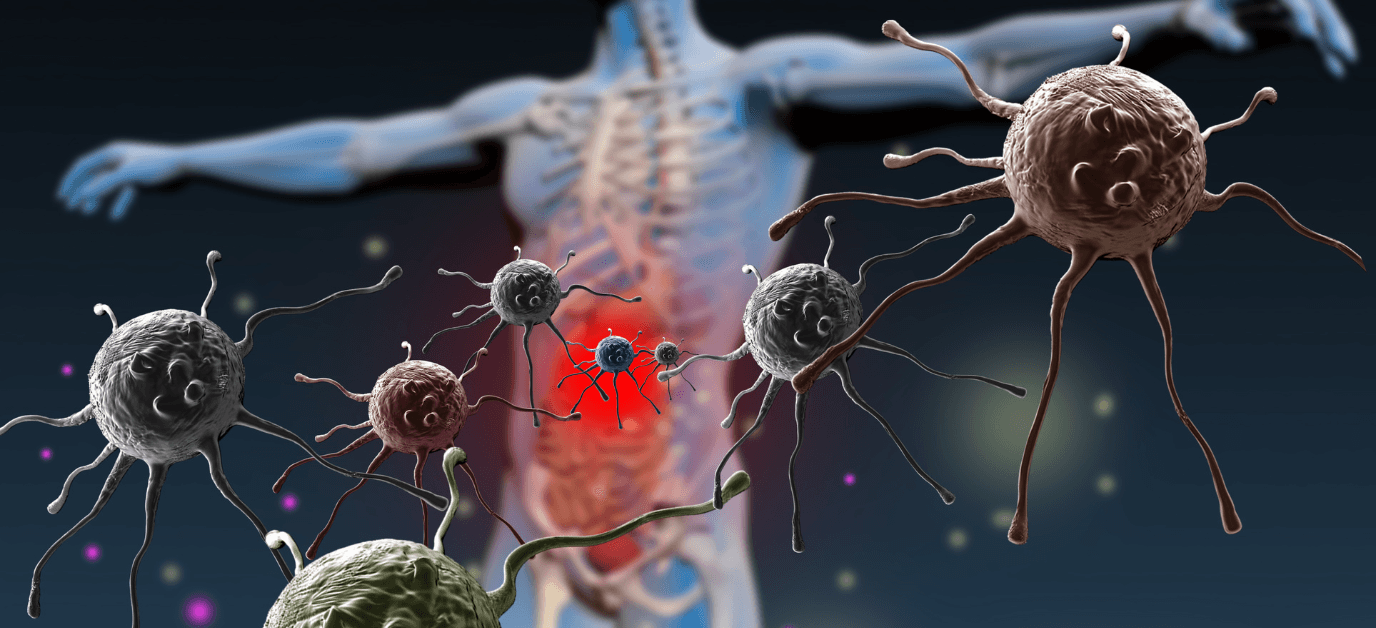

Glutamine: A key Amino Acid for muscle recovery after intense training
05.12.2024It’s no secret that after intense training, our muscles need time to recover. One of the key elements of this process is glutamine – an amino acid that plays a fundamental role in rebuilding and maintaining muscle tissue health. In this article, we will explore the topic of glutamine supplementation and its effect on muscle recovery after exercise.
What is Glutamine and what role does it play in the body?
Glutamine is the most abundant amino acid in the human body, accounting for 60% of the free amino acids in skeletal muscles. This unassuming chemical compound plays crucial roles in protein metabolism, supporting the immune system, and maintaining the body’s acid-base balance.
Interestingly, under normal conditions, the body produces enough glutamine. However, during intense physical exertion, the demand for this amino acid increases drastically, and natural synthesis may prove insufficient. Studies show that glutamine levels in muscles can drop by as much as 50% after intense strength training.

Glutamine and Post-Training Recovery – Why is it So Important?
Intense training causes micro-tears in muscle fibers, which then need to be repaired. Glutamine plays a key role in this process:
- It stimulates muscle protein synthesis,
- It inhibits catabolic processes (protein breakdown),
- It increases muscle cell hydration,
- It helps replenish glycogen in the muscles.
According to studies, athletes who supplement with glutamine showed faster muscle recovery and less fatigue after intense training sessions.
Benefits of Glutamine Supplementation for Athletes
Glutamine supplementation is gaining increasing popularity in the sports world, and not without reason. This versatile amino acid offers numerous benefits that can significantly impact athletic performance and the overall well-being of active individuals:
1 Immune System Support
Intense training can temporarily weaken the immune system. Glutamine, being “fuel” for immune cells, helps maintain a functional immune system. Research shows that athletes who supplement with L-glutamine are less likely to suffer from upper respiratory infections.

2 Muscle Recovery Support
One of the most important benefits of L-glutamine for athletes is its impact on muscle recovery. After intense exercise, the body needs time and the right nutrients to return to full strength, and glutamine plays a key role in this process. Supplementing with this amino acid can significantly speed up muscle tissue rebuilding. Athletes who regularly use glutamine often report being able to train more frequently and intensely because their muscles recover faster after exertion.
3 Improved Endurance and Performance
The impact of glutamine on athletic performance goes far beyond recovery. Athletes who supplement with this amino acid often experience significant improvements in endurance and the ability to endure intense training loads. Glutamine helps maintain optimal glycogen levels in muscles, which translates to better endurance during prolonged exertion.

4 Support for Metabolism and Hormonal Balance
This versatile amino acid also plays an important role in maintaining proper metabolism and hormonal balance. Glutamine helps maintain a positive nitrogen balance, which is essential for effective muscle mass building. Additionally, it may help regulate cortisol levels – the stress hormone that, in excess, can lead to undesirable muscle catabolism.
5 Gut Health Benefits
Though it may seem surprising, gut health has a significant impact on athletic performance, and glutamine plays a vital role in this area. This amino acid is a primary energy source for intestinal cells, helping maintain the integrity of the gut barrier, which can be compromised during intense physical activity. Good gut health leads to better nutrient absorption, which is essential for effective recovery and muscle mass building.

Which Glutamine to Choose?
If you decide to purchase an L-glutamine supplement, it’s important to ensure that the product:
- Has a plant-based origin – ideal for vegans and vegetarians,
- Is produced through fermentation – ensuring the highest bioavailability,
- Contains no unnecessary additives – 100% pure glutamine, without fillers, anti-caking agents, etc., and glutamine doesn’t require sweeteners, flavors, or colors, as it naturally has a slightly sweet taste,
- Has optimal solubility – making it easy to use.
When to Take Glutamine and How to Dose It?
The optimal times to supplement with glutamine are immediately after training and before sleep, when the body is intensively recovering. The daily glutamine dosage for individuals who train should range from 5 to 10 grams, depending on the intensity of the exercise and individual needs.
Who Should Use L-Glutamine?
L-glutamine is suitable for everyone, regardless of training level. For experienced athletes, glutamine supports a quick return to form after tough training sessions, ensuring optimal muscle recovery. For individuals just starting their fitness journey, glutamine supplementation helps increase endurance and shortens the recovery time after training.
People returning to activity after an injury will appreciate glutamine for its ability to support muscle tissue rebuilding and accelerate the healing process. Additionally, the plant-based origin of our product makes it an excellent choice for vegans who care about their health and recovery after intense exertion.

[1] Walsh NP, Blannin AK, Robson PJ, Gleeson M. Glutamine, exercise and immune function. Links and possible mechanisms. Sports Med. 1998 Sep;26(3):177-91. doi: 10.2165/00007256-199826030-00004. PMID: 9802174.
[2] Rowbottom DG, Keast D, Morton AR. The emerging role of glutamine as an indicator of exercise stress and overtraining. Sports Med. 1996 Feb;21(2):80-97. doi: 10.2165/00007256-199621020-00002. PMID: 8775515.
[3] Legault Z, Bagnall N, Kimmerly DS. The Influence of Oral L-Glutamine Supplementation on Muscle Strength Recovery and Soreness Following Unilateral Knee Extension Eccentric Exercise. Int J Sport Nutr Exerc Metab. 2015 Oct;25(5):417-26. doi: 10.1123/ijsnem.2014-0209. Epub 2015 Mar 26. PMID: 25811544.
[4] Castell LM, Newsholme EA. The effects of oral glutamine supplementation on athletes after prolonged, exhaustive exercise. Nutrition. 1997 Jul-Aug;13(7-8):738-42. doi: 10.1016/s0899-9007(97)83036-5. PMID: 9263279.
[5] Legault Z, Bagnall N, Kimmerly DS. The Influence of Oral L-Glutamine Supplementation on Muscle Strength Recovery and Soreness Following Unilateral Knee Extension Eccentric Exercise. Int J Sport Nutr Exerc Metab. 2015 Oct;25(5):417-26. doi: 10.1123/ijsnem.2014-0209. Epub 2015 Mar 26. PMID: 25811544.
[6] Varnier, M., Leese, G. P., Thompson, J., & Rennie, M. J. (1995). Stimulatory effect of glutamine on glycogen accumulation in human skeletal muscle. The American journal of physiology, 269(2 Pt 1), E309–E315. https://doi.org/10.1152/ajpendo.1995.269.2.E309
[7] van Acker, B. A., von Meyenfeldt, M. F., van der Hulst, R. R., Hulsewé, K. W., Wagenmakers, A. J., Deutz, N. E., de Blaauw, I., Dejong, C. H., van Kreel, B. K., & Soeters, P. B. (1999). Glutamine: the pivot of our nitrogen economy?. JPEN. Journal of parenteral and enteral nutrition, 23(5 Suppl), S45–S48. https://doi.org/10.1177/014860719902300512
[8] Lu, T. L., Zheng, A. C., Suzuki, K., Lu, C. C., Wang, C. Y., & Fang, S. H. (2024). Supplementation of L-glutamine enhanced mucosal immunity and improved hormonal status of combat-sport athletes. Journal of the International Society of Sports Nutrition, 21(1), 2300259. https://doi.org/10.1080/15502783.2023.2300259
[9] Kim, M. H., & Kim, H. (2017). The Roles of Glutamine in the Intestine and Its Implication in Intestinal Diseases. International journal of molecular sciences, 18(5), 1051. https://doi.org/10.3390/ijms18051051
